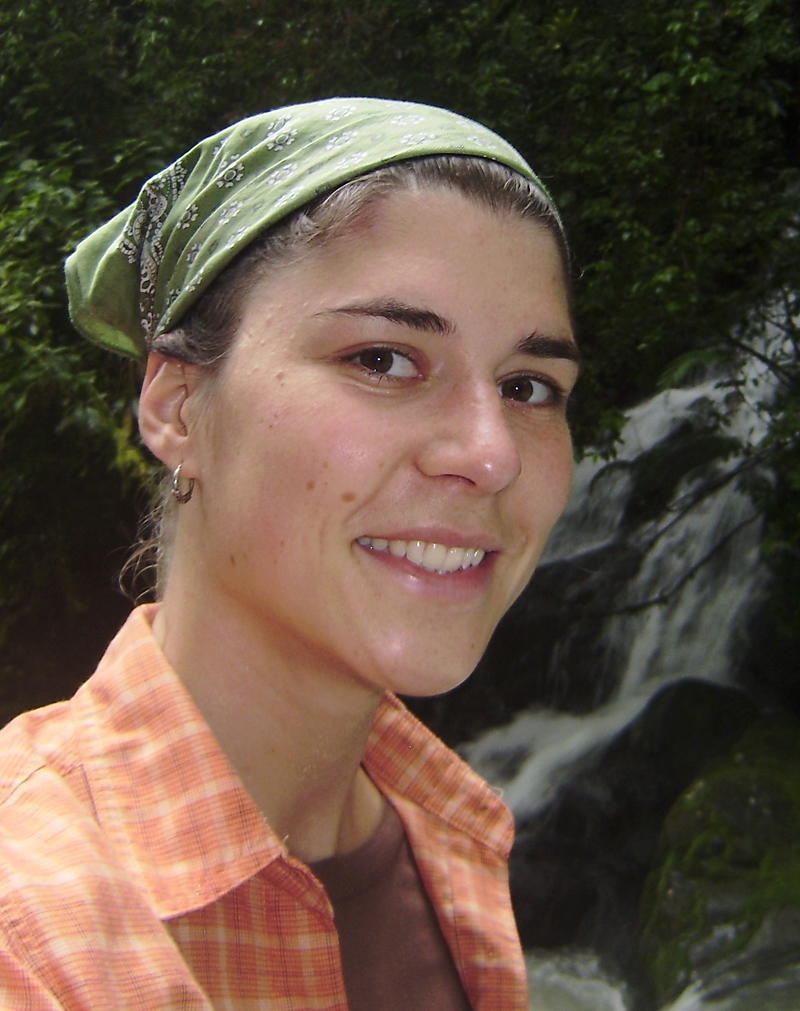Dr. Nadine Gerner

Nadine studied at the University Frankfurt am Main and specialized in Ecology. In her diploma thesis, which she conducted in Kiel and Leigh, New Zealand, she investigated the abiotic stress tolerance of invasive and native marine species.
She joined our working group from June 2010 - February 2014 to examine the ecological effects of oil sand extraction on macrozoobenthos in Alberta, Canada, and to adapt the trait-based SPEAR system to Canadian conditions. This project was part of the Helmhotz-Alberta-Initiative (HAI).
Professional experiences
06/2010 - 02/2014PhD student at the Helmholtz Centre for Environmental Research – UFZ
2009-2010
Diploma thesis at the IFM-Geomar in Kiel and the Marine Laboratory in Leigh, New Zealand
2004 - 2009
Study of Biology at the Goethe University in Frankfurt am Main
Internships
03/2010 – 05/2010
Research assistant at the Helmholtz Centre for Environmental Research – UFZ, Department System-Ecotoxicology
Task: Literature research on the increase of sensitivity to pesticides of aquatic non-target organisms caused by additional stressors
12/2009, 03/2010
Research assistant at the Goethe University in Frankfurt am Main, Department Aquatic Ecotoxicology
Task: Biotests with Potamopyrgus according to OECD Guideline
08-09/2007, 01-03/2008
Research Assistant at the Senckenberg Institute for Limnology in Gelnhausen
Publications
Schäfer RB, Gerner N, Kefford BJ, Rasmussen JJ, Beketov M, De Zwart D, Liess M, von der Ohe P, 2013. How to characterize chemical exposure to predict ecologic effects on aquatic communities? Environmental Science & Technology 47(14), 7996.
Lenz M, da GamaB AP, Gerner NV, Gobin J, Groener F, Harry A, Jenkins SR, Kraufvelin P, Mummelthei C, Sareyka J, Xavier EA, Wahl M, 2011. Non-native marine invertebrates are more tolerant towards environmental stress than taxonomically related native species: Results from a globally replicated study. Environmental Research 111(7), 943-52.
Fowler AE, Gerner NV & Sewell MA, 2010. Temperature and salinity tolerances of Stage 1 zoeae predict possible range expansion of an introduced portunid crab, Charybdis japonica, in New Zealand. Biological Invasions 13 (3), 691-699.
